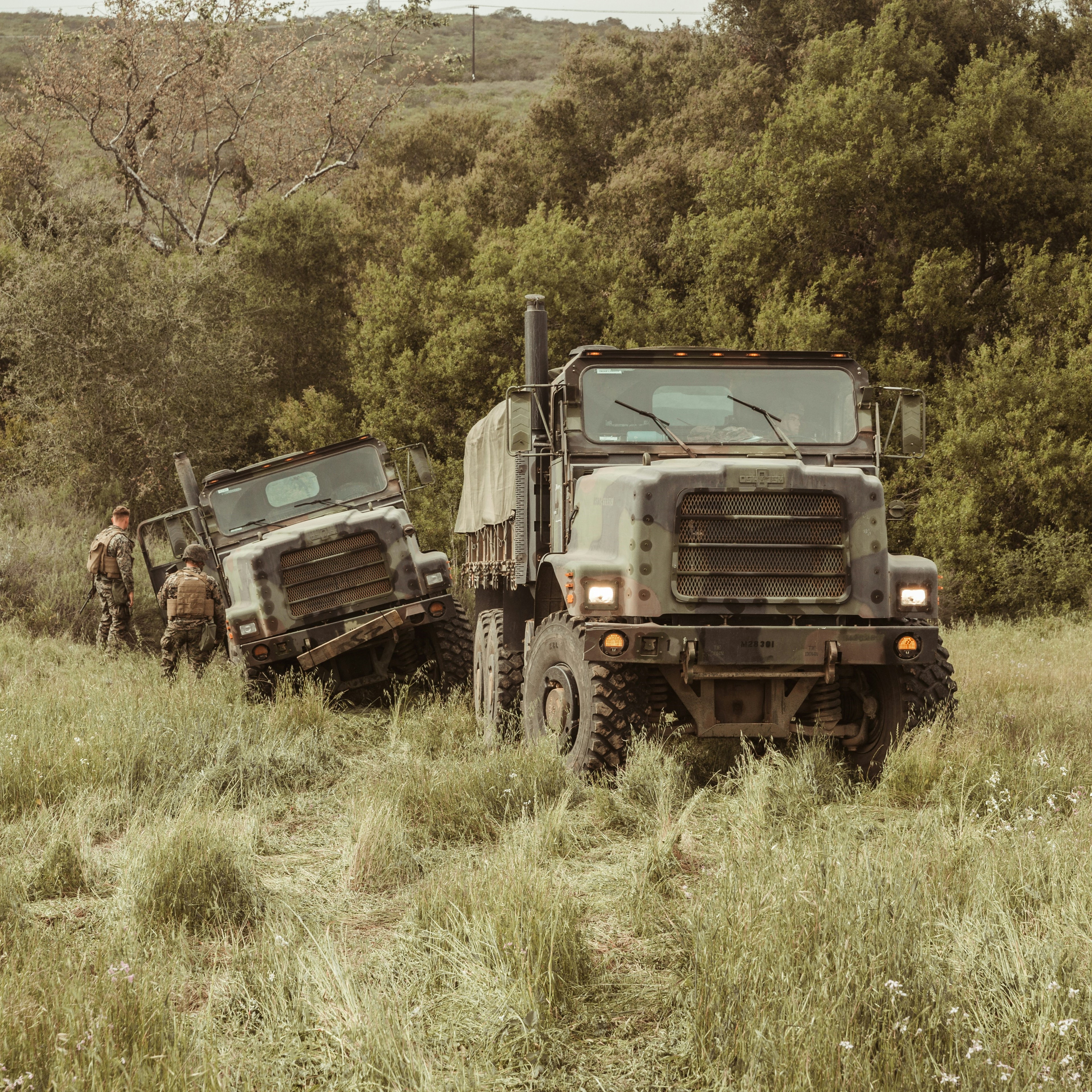The Ecological Bootprint: Apprehending the Military-Environmental Nexus
Conference
17.03.2026 – 19.03.2026
Location: LMU Main Building, A120, Kleine Aula, Geschwister-Scholl-Platz 1, 80539 Munich
Conveners: Kerrin Langer and Bernd Sommer (TU Dortmund), Christof Mauch (RCC), Zsuzsanna Ihar (Max Planck Institute for the History of Science), Frank Reichherzer (Bundeswehr Centre of Military History and Social Sciences)
According to recent estimates, more than 5.5 percent of global carbon dioxide (CO2) emissions are linked to military organizations and armed conflict. These outputs—equivalent to roughly twice the annual greenhouse gas emissions of a country such as Germany—are systematically obscured and largely omitted from international monitoring frameworks, including the emissions inventories under the United Nations Framework Convention on Climate Change (UNFCCC). Today, Israel’s war on Gaza and the war in Ukraine exemplify the devastating human and environmental costs of conflict. Indeed, 120 million tons of carbon dioxide have been attributed to the first year of Russia’s full-scale invasion of Ukraine. Even in peacetime, the military and the environment remain deeply entangled, with both war preparation and the maintenance of military force requiring vast amounts of energy, the extraction of raw materials, and enclosure of land.
This conference seeks to critically examine the entanglements between the military and the environment. As a point of entry, we invoke the idea of “military metabolism,” highlighting the flows of material, materiel, and energy within militarized zones, whilst also foregrounding the affective, epistemic, political, and cultural dimensions of “war matter.” We aim to craft ways to more accurately measure the ecological bootprint of the armed forces and to develop frameworks of analysis attentive to the impact of the military on the human and more-than-human. We will consider the complex and enduring connections between militarized landscapes and extractivism, examining the emergence of dual economies, knowledges, and materials tying the two spheres together—in complicity and profit. Finally, we will explore the temporal dimensions of military life and military activity, and the way the multiple temporalities of nature trouble and complicate both historical and contemporary warfare.
Please find more information in the attached conference program below.
Downloads
- Conference Program “The Ecological Bootprint” (195 KByte)


